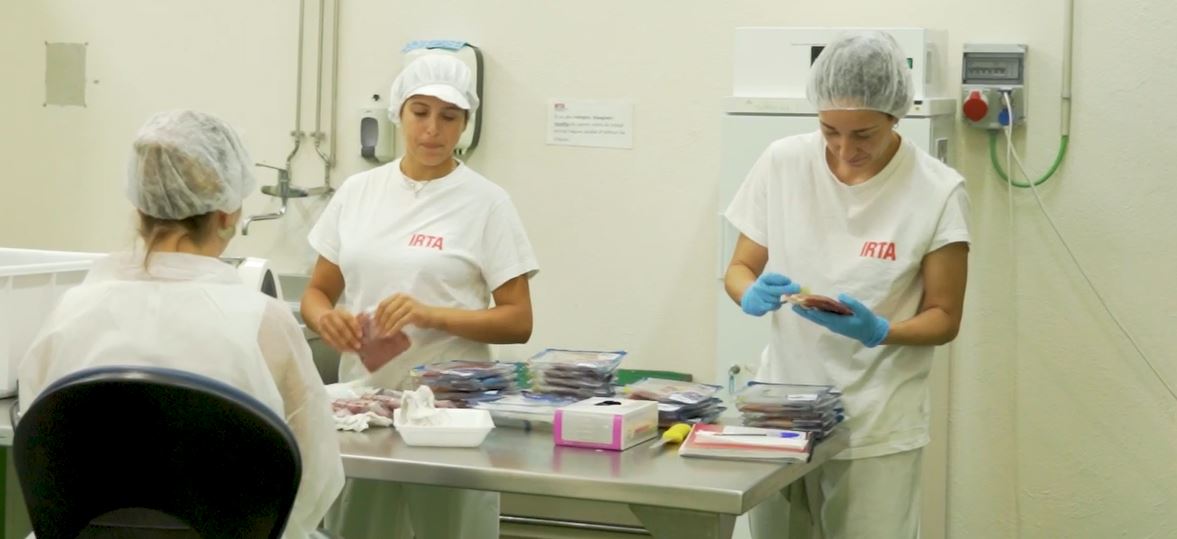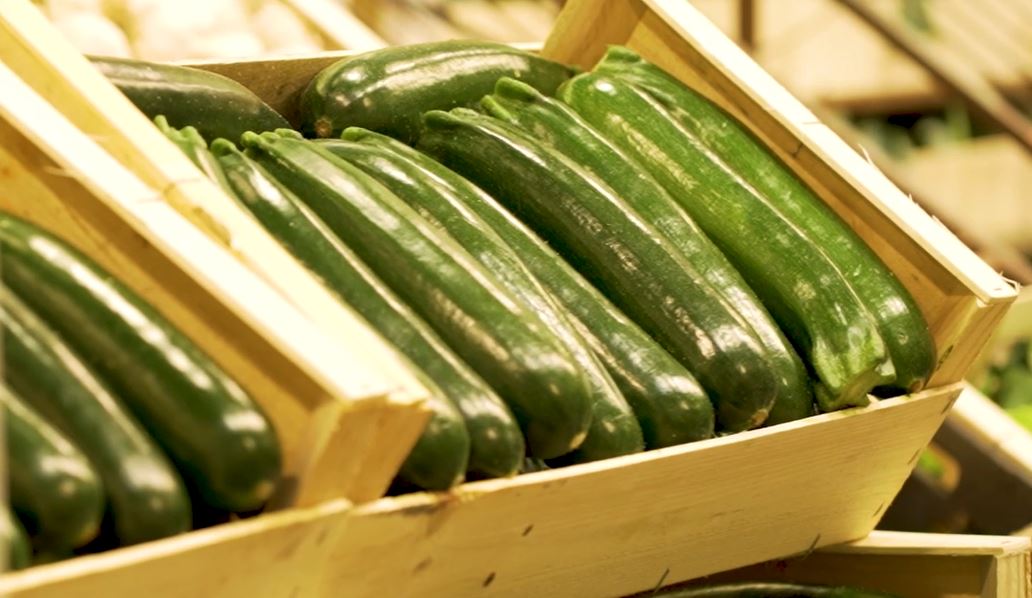
Beekeeper
Description
Beekeeping is the technique that involves the extraction of honey from honeycombs and includes the art of keeping bees in order to take advantage of their products. Thus, beekeepers work in the breeding of bees and their care, with the aim of obtaining the products derived from their activity. Although honey is the main and most popular product resulting from beekeeping, other products such as propolis, royal jelly, wax or pollen can also be obtained, as well as more elaborated products such as natural cosmetics, candies or virgin wax candles.
The main objective of these professionals is that the beehives they are in charge of develop properly and in a healthy way, as this guarantees a greater harvest. To achieve this, they must take care of the preparation of the material where the hives will be housed, the maintenance of the colonies (carrying out population control), and the harvesting and conservation of the products.
Beekeeping is also essential to agriculture, as it contributes to the cross-pollination of plants, fertilised by bees. In some organic farms that are returning to more traditional farming systems, only bees are used for pollination. Beekeeping is therefore not only limited to the products obtained from the hive but is also one of the foundations of agriculture.
In recent years, an urban movement of honey production in large urban areas is consolidating, with the aim of naturalising cities and contributing to the maintenance of bees and the fundamental ecological function they perform. In this sense, there is a trend towards the production of honey in homes and small urban communities, together with the progressive incorporation of bee nests and beehives in urban parks and gardens with the aim of spreading awareness of the world of bees and beekeeping production and their important ecological role in pollination.
Tasks
- Determine the type of farm and suitability of the site for the establishment of the hives by gathering information on the surroundings, the physical environment and the beekeeping flora.
- Prepare the land, according to the availability and characteristics of the space for the installation of the hives.
- Move and install the hives in order to place them in the appropriate location according to the objectives required in each case. In case of mobile farms, transhumance the bees to the place of destination according to the objectives foreseen in the farm.
- Supply feed and water to the hives to promote their performance and maintain the apiary to ensure the viability of the beekeeping operation.
- Anticipate and control adverse situations that may affect the colony (possible diseases, pests, etc.), in order to find a solution.
- Collect movable-frame beehives for extraction, following criteria of maturity, hygiene and necessary reserves. Extract the wax and honeycomb for its transformation into honey and pollen and other products from the movable-frame beehives for subsequent packaging or storage.
- Store honey, pollen and other products (wax, propolis, etc.) in drums for optimal conservation until packaging or marketing, respecting the traceability and batching of the product.
- Clean the hives, once the harvesting stage is finished, removing the dirty parts of the combs to ensure proper conditions.
- Produce swarms, queens and royal jelly from hives selected for marketing.
- Provide technical advice to individuals, communities and town councils in urban municipalities that have chosen to develop urban beekeeping projects, collaborating in their consolidation.










 | Catalan | Beginner
| Catalan | Beginner | English | Beginner
| English | Beginner
 Open
Open

 | English | Beginner
| English | Beginner


